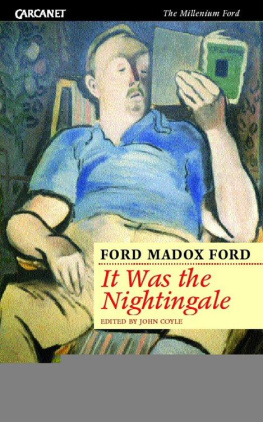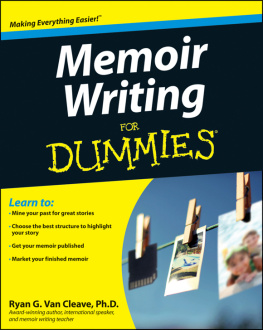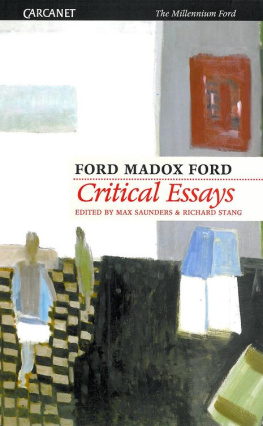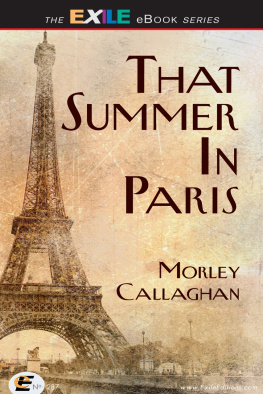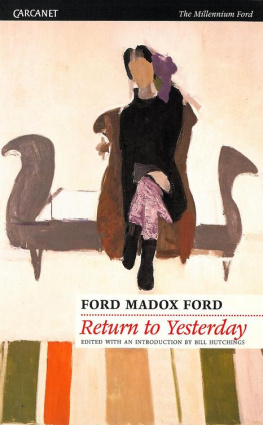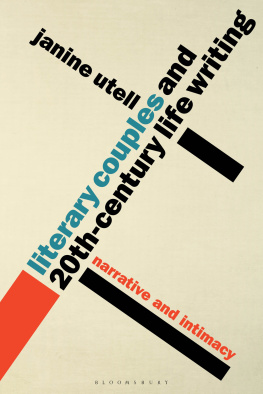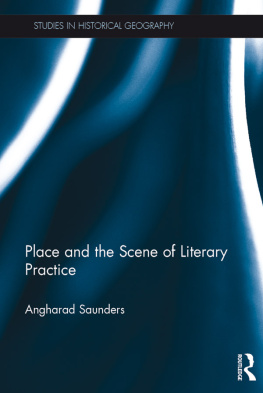There was never a day so gay for the arts as any twenty-four hours of the early twenties in Paris. Fords arresting opening promises daylight and gaiety, glamour and art in an eye-witness account by one who is at the very centre of things, at the centre of modernism, the greatest editor of his day:
Paris gyrated, seethed, clamoured, roared with the Arts. Painters, novelists, poets, composers, sculptors, batik-designers, decorators, even advanced photographers, so crowded the boulevards that you could not see the tree-trunks. They came from Tokio, they came from Petrograd; they poured in from Berlin, from Constantinople, from Rio de Janeiro, they flew in locust hordes from Spokane, from Seattle, from Santa F, from all the states and Oklahoma. If you had held up and dropped a sheet of paper on any one of the boulevards and had said I want a contribution, a thousand hands would have torn you to pieces before it had hit the ground. (p. 259)
We are not let down. Scenes and portraits from Fords memoir include Ezra Pound bursting into the office of the transatlanticreview, waving his cane as if he had been Bertran de Born about to horsewhip Henry II of England; George Moore as a Flaubert bleached with blotting paper (a precise impression of a blurred naturalist); Joyce and Proust discussing not their art, but their maladies until eight in the morning, surrounded by the awed faithful; Gertrude Stein driving through Paris like a pharaoh in her chariot, as well as appearances by Brancusi, Juan Gris, Picasso, May Sinclair, Frank Harris, D.H. Lawrence, Norman Douglas, Wyndham Lewis, ee cummings, and a cast of White Russian colonels and conscientious objectors, impresarios, bootleggers and gatecrashers. Among the new writers whose influx from the Midwest Ford celebrates is Ernest Hemingway, and one might expect from Fords opening sentence something along the lines of AMovableFeast, but it is the special quality of Fords highly subtle and novelistic narrative that it invites us to consider not just the parade of literary celebrities la Hemingway, but at what cost such glamour was won as well as the enormities such glamour offered distraction and oblivion from.
In short. Ford digresses, for about one third of the book, and then digresses again and again until we realise that the real point of the book lies elsewhere. Our anticipation of the delights of Paris is left in abeyance as we return to a haunted night of post-war trauma, This is the first of Fords trademark time shifts: the entire first part of the book sees Ford not only absent but banished from Paris and France. The very title speaks of the time being out of joint: Romeos exultant appeal to Juliet that it is in fact earlier than she thinks is twisted here into a dark praeterition, the narrative reverting to the limbo between the end of the war and the start of the twenties, as a shell-shocked Hueffer surveys the ruins of his career and the end of another low, dishonest decade. The bird is also, of course, that of Keats, and we are also to think of the moribunds doomed longing for beauty and the South.
ItWastheNightingale should be appreciated for its evocations of Fords great contemporaries at the height of their powers and in their full vitality and pomp; but just as striking, and structurally much more important, are its evocations of the great and the dead, the raising up of ghosts. Ford is fascinated with spectral presences of various kinds: the man himself is a kind of cultural embalmer, haunted by war, a compulsive ghost-seer. The whole narrative is triggered by the deaths within a week of each other of Galsworthy and of George Moore. The last sight of Moore is as a ghost (p. 19). Fords uniform renders him invisible, something to be resented, although the invisible are of course better placed to observe. The ghost of Conrad in penury is also summoned, while one of the books signal revelations concerns Prousts influence. It is not the Frenchmans work or life which spur Ford on, rather his death which gave him the impetus to take up a serious pen again and write ParadesEnd.Nightingale concerns itself with various deaths those of writers most obviously but also the wars millions of unindividuated dead, as well as the metaphorical deaths of Fords career and reputation (he is at one point, he insists, good as dead as a writer). These deaths are finally succeeded by various rebirths and transformations, but only after much in the way of pain, distraction and expiation. This is a book of transitions, in which Ford portrays himself as crossing a shadow line between an earlier self and a new embodiment, so that Hueffer becomes Ford, TheEnglishReview becomes the transatlantic, Marwood becomes Tiet jens, and moribund London yields to the various cultural renaissances of Paris and New York (the book is in three parts, each bearing the motto of its governing city).
James Mizener insists that with ItWastheNightingale and its predecessor, ReturntoYesterday, Ford practically invented a form of fictional reminiscence; it may be a dubious genre but in it he wrote two fascinating books. The fictional nature of the reminiscence is apparent in several ways. Right from the beginning, as we have seen, the strict temporalities of linear narrative are eschewed in favour of a highly mobile and fluid shuttling back and forth between time zones, so that Ford is left teetering on an uneven kerb stone in Campden Hill for some twenty-four pages, while his consciousness sweeps back and forth over past events and their connections. Maintaining this narrative involves a truth to impression which also borrows much from Fords fictional practice. While crossing the road from the Champs-Elyses to the Place de la Concorde, part of Fords mind is attending to his companions eulogy to the plutocratic lawyer and literary impresario John Quinn, while another is intent on negotiating a way between the streams of murderously speeding cars. The work is also, of course, fictional in the more mundane terms of Fords notorious habit of taking liberties with the truth: his knowledge of the work of his fellow novelists seems especially unreliable. Those wishing to tease out facts from fiction should consult Max Saunders exemplary biography FordMadoxFord:ADualLife. Many of the versions of events in the volume are contestable, not least by Ford himself in other accounts; yet this is surely to be expected of the author of TheGoodSoldier, in his own way as keen an explorer of the relation between memory, subjectivity and narrative as Proust or Beckett.
In his preface Ford insists that he has tried to write a novel, using besides the time shift, the progressiondeffet and the adaptation of rhythms to the pace of the action; this last because, as he points out elsewhere, in a passage which insists on the cognitive separation between life and art, I live in my moment(p. 96). The evocation of this takes great skill: Ford conceals his art with consummate craft, and his artlessness of voice can be a disguise for the subtlest of effects. In part two chapter two, towards the middle of his book, Ford offers the key to his method, characteristically flattering the reader with the assumption that his best trick is obvious to all:
Of course you must appear to digress. That is the art which conceals your Art. The reader, you should premise, will always dislike you and your book. He thinks it an insult that you should dare to claim his attention, and if lunch is announced or there is a ring at the bell he will welcome the digression. So you will provide him with what he thinks are digressions with occasions on which he thinks he may let his attention relax. But really not one single thread must ever escape your purpose.

